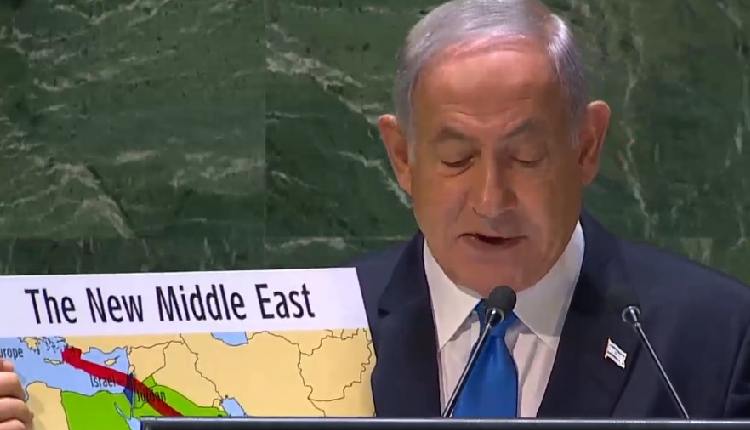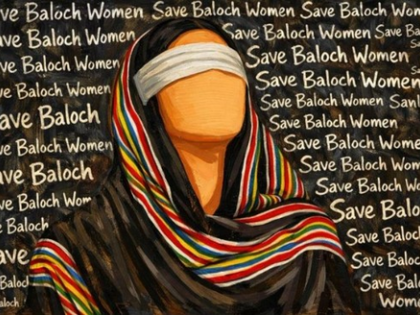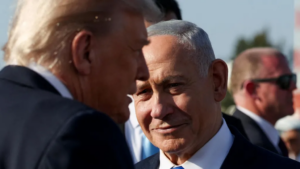
Since the fall of Kabul, Pakistan has received much criticism in Afghanistan and elsewhere (including Iran and India) for its alleged role in the Taliban’s takeover. This has been reflected through social media campaigns like #SanctionPakistan, in which many critics have referred to celebrations in Pakistan to prove that Islamabad is the real winner. This simplistic labeling of Pakistan is unjustified. It is a diverse country and certainly not everyone there is celebrating the Taliban’s victory.
As far as Islamabad is concerned, it has cautiously reacted to the developments in Afghanistan by urging the international community to continue its engagement with Kabul to ensure that there is no spillover in the shape of extremism and terrorism in South Asia and beyond. But there are various segments of Pakistani society celebrating for various reasons. We believe that these segments can be divided into three broad categories.
The foremost category comprises of those former diplomats and retired senior military officials who are celebrating India’s exit from Afghanistan, the country with which Pakistan shares a border of over 2,600 kilometers. Since the fall of the Islamic Emirate of Afghanistan in 2001, Islamabad had serious concerns over India’s growing influence in Afghanistan, as reflected through India’s five diplomatic missions (unlike its single mission previously, which was closed in 1996) and roughly $3 billion investment.
New Delhi’s investments, infrastructure development, and security cooperation with National Directorate of Security (NDS) and Afghan National Security Forces (ANSF) were seen through the prism of a negative-sum game in Islamabad. Rather considering India as a source of disturbance, just one of many in the border region of Afghanistan-Pakistan, New Delhi was perceived as the only source of trouble in the Tribal Districts of Khyber Pakhtunkhwa.
The erstwhile Ashraf Ghani administration in Kabul was also seen as pro-India and anti-Pakistan. Ghani’s government not only criticized Pakistan for influencing the Taliban but also sided with India to isolate Pakistan. In 2016, Afghanistan supported India’s position by blaming Pakistan for state-sponsored terrorism, which led to the cancellation of the annual summit of the South Asian Association for Regional Cooperation (SAARC) that was scheduled to take place in Islamabad. Pakistan’s policymakers, past and present, are relieved to have an unfriendly government gone from their western border.
Enjoying this article? Click here to subscribe for full access. Just $5 a month.
A second segment of Pakistani society is celebrating the Taliban’s success because of their hate of American imperialism. This segment is loosely made up of Pakistan’s upper to lower-middle classes, students of social sciences with Marxist leanings and inspired by Che Guevara. They see the U.S. withdrawal as the defeat of a superpower by rag-tag militia, i.e. the Taliban. Even Khan tried to accommodate this class for political benefit by saying that Afghans had “broken the shackles of slavery.” This segment of society is highly active on Twitter and other social media networks and has used these platforms to propagate the humiliation of the superpower and celebrate the victory of Taliban. This class, however, also shares those concerns of the international community regarding how the Taliban’s governance will affect religious minorities and women in Afghanistan.
The third segment represents the Pakistani Islamists who can be further subdivided into two categories, i.e. Islamists and mullahs. Islamists are political groups who want to revive their vote bank based on religious sentiments. Since 2008, Pakistan has witnessed a steep decline in the vote bank of these Islamic political parties. The “war on terror” in Afghanistan and Pakistan, Pakistan’s crackdown on terror outfits like the Tehreek-i-Taliban Pakistan (TTP), and its ban on hate speech and other similar measures under the National Action Plan (NAP), have developed a hostile environment for religious extremism.
Diplomat Brief Weekly Newsletter N Get briefed on the story of the week, and developing stories to watch across the Asia-Pacific. Get the Newsletter
The TTP’s terrorist attacks, such as the one on the Army Public School (APS) in Peshawar in 2014, further demonized the religious parties in public. The Taliban’s victory in Afghanistan has given a new hope to Pakistani Islamists to revive their strength and influence in Pakistan’s political and cultural landscape. That is why religious parties such as the Jamiat Ulema-e-Islam-Fazal group (JUI-F) and the Jamat-e-Islami (JI) have sent congratulatory messages to the Taliban. While the head of the JI expressed happiness over the Taliban’s victory, JUI-F’s chief Maulana Fazlur Rehman sent a congratulatory letter also to Taliban’s Mullah Haibatullah Akhundzada.
Both the JUI and JI were at the forefront of the Afghan-Soviet War through direct involvement in the recruitment of mujahideen from Pakistan. Hence, they have been trying to equate the Taliban’s victory with Fatah-e-Mecca, the conquest of Mecca, where Prophet Muhammad entered peacefully into Mecca and announced amnesty for all non-Muslims. This segment in Pakistan also has its own desires linked to the revival of Muslim Ummah, which they believe can be realized following the re-establishment of the Islamic Emirate of Afghanistan. These parties are inspired by the Taliban to achieve full Islamization through the implementation of Shariah in Pakistan.
In terms of mullahs, the development is more alarming as many of them have rejoiced in the Taliban’s victory. The most worrisome change is the reappearance of Red Mosque’s Maulana Abdul Aziz, with his threatening tone challenging the writ of the Pakistani state. In 2007, the Red Mosque and Jamia Hafsa seminary became prominent for challenging the state’s authority, which led to a military operation and ultimately the destruction of Jamia Hafsa. More than 100 militants and 11 armed forces personnel were killed during this operation. After the fall of Kabul, these fundamentalists feel elated and have found moral strength in the Taliban’s victory in Afghanistan.
Since the fall of Kabul, Jamia Hafsa in Islamabad has replaced the Pakistani flag with the Afghan Taliban’s flag. Despite various efforts, the state has been unable to remove the flag from the seminary. In fact, Maulana Aziz and his highly charged students have several times repelled Islamabad Police and threatened consequences for removing the Afghan Taliban’s flag.
Irrespective of their vested interests, these segments of society have unfortunately ignored the reality that Pakistan has paid a heavy price due to terrorism and extremism, with over 80,000 casualties and economic losses of over $100 billion since 2001. Pakistan’s hard-fought success against terrorism is at risk following the Taliban’s victory, with an increasing number of terrorist attacks in recent months. These bizarre celebrations are putting Pakistani policymakers under pressure by minimizing their options for dealing with a possible spill-over in the shape of nontraditional security challenges like extremism, terrorism, refugee influxes, and drug trafficking. The message of these celebrations will also adversely affect Pakistan’s image internally in terms of the country’s success against extremism and terrorism.
Moving forward, the government needs to re-assess the NAP in order to develop an effective counter-extremism plan by dealing with multifaceted challenges emanating from the Taliban’s victory in Afghanistan.






